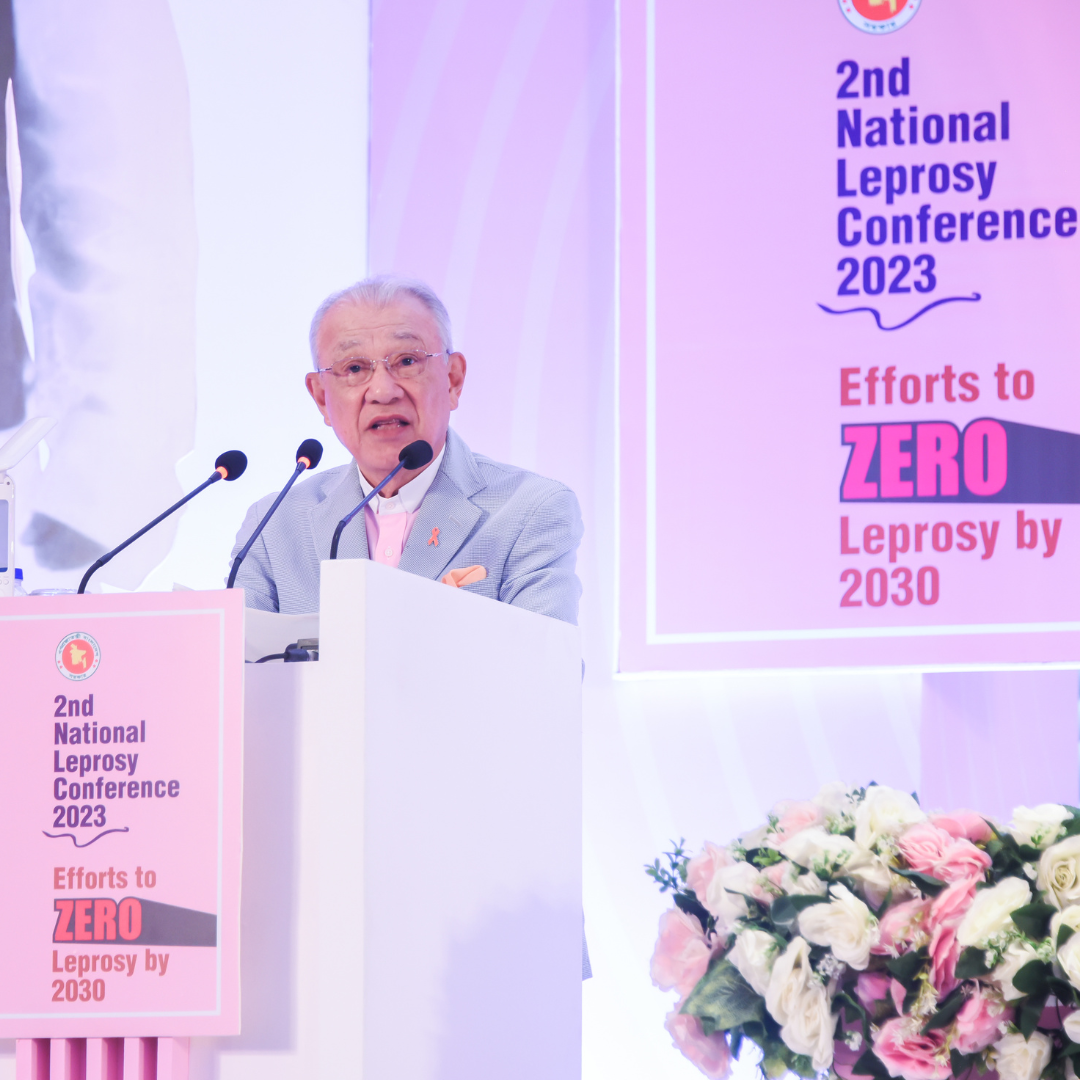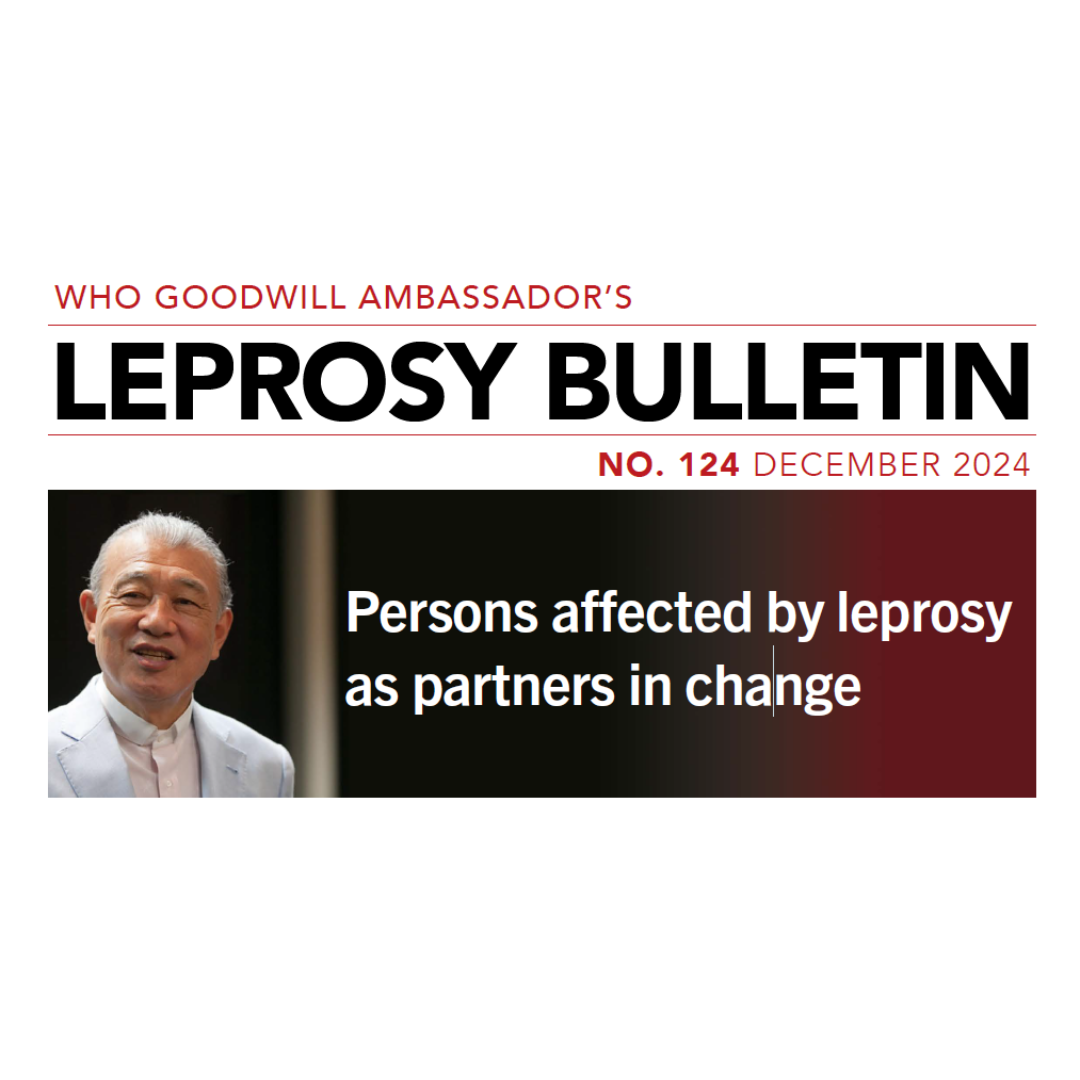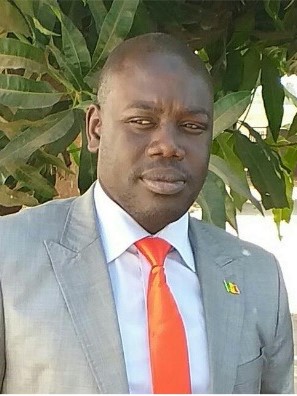
Papa Mamadou Diagne
President, Association Sénégalaise Contre la Lèpre et les Maladies Tropicales Négligées (ASCL/MTN)
Papa Mamadou Diagne has been affected by leprosy since 2009. As president of ASCL/MTN, he is involved in advocacy for rights and access to care, awareness-raising for social and environmental behavior change, education and training, and development of individualized rehabilitation plans for empowerment and inclusion.
For 47 years, Senegal has had nine villages de reclassement social (VRS), created by the authorities and governed by Law 76-03 of 1976. At the time that they were established, the VRS were intended to isolate persons affected by leprosy and block transmission of the disease. The VRS system continued until 2023 even though leprosy has been a curable disease since the 1980s and “leprosy as a public health problem” was declared eliminated at the national level in 1995.
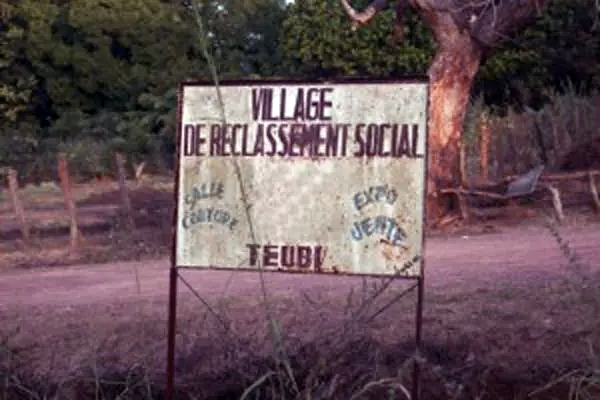
The organization of which I am currently president, Association Sénégalaise de lutte contre la Lèpre et les Maladies Tropicales Négligées (ASCL/MTN), is a national nonprofit association that acquired official legal recognition in 2015. ASCL/MTN has worked for years with the German Leprosy and Tuberculosis Relief Association (DAHW) to push for the repeal of Law 76-03, and recently we engaged in several advocacy and awareness-raising activities within the framework of the Sasakawa Leprosy (Hansen’s Disease) Initiative’s “Don’t Forget Leprosy” campaign.
On May 17, 2023, Senegal’s Minister of Health and Social Action, Dr. Marie Khémesse Ngom Ndiaye, defended a bill that would repeal the law, and on June 5, 2023, the National Assembly voted to adopt it. In effect, the adoption of Bill 11/2022 abolished the VRS system.
Speaking on behalf of the state, the Minister told the members of the National Assembly that the VRS system was a source of stigmatization and that repealing the law was a necessary part of implementing policies for the social inclusion of vulnerable populations.
The law’s repeal brings Senegal into alignment with its commitments to non-discrimination and human equality as set out in the Universal Declaration of Human Rights (1948), Article 7 of the Constitution of the Republic of Senegal (2001), and the International Convention on the Rights of Persons with Disabilities (2006).
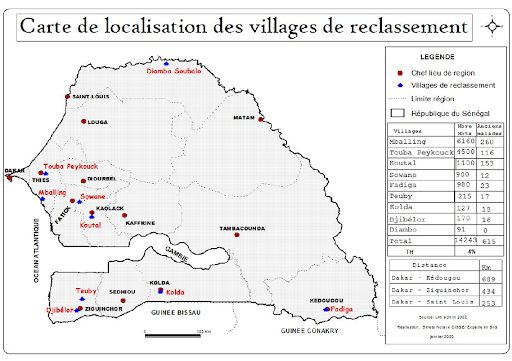
Timeline
1976: Law 76-03 establishes the villages de reclassement social (VRS) system
1995: Senegal eliminates “leprosy as a public health problem” according to standard set by WHO
2004: First draft of a bill to repeal Law 76-03
2018: Draft circulated for review and sent to the National Assembly
2022: National Assembly approves the draft, which becomes Bill 11/2022
2023: Minister of Health and Social Action presents Bill 11/2022 to the National Assembly on May 17
2023: National Assembly adopts Bill 11/2022 on June 5, repealing Law 76-03 and thereby abolishing the VRS







